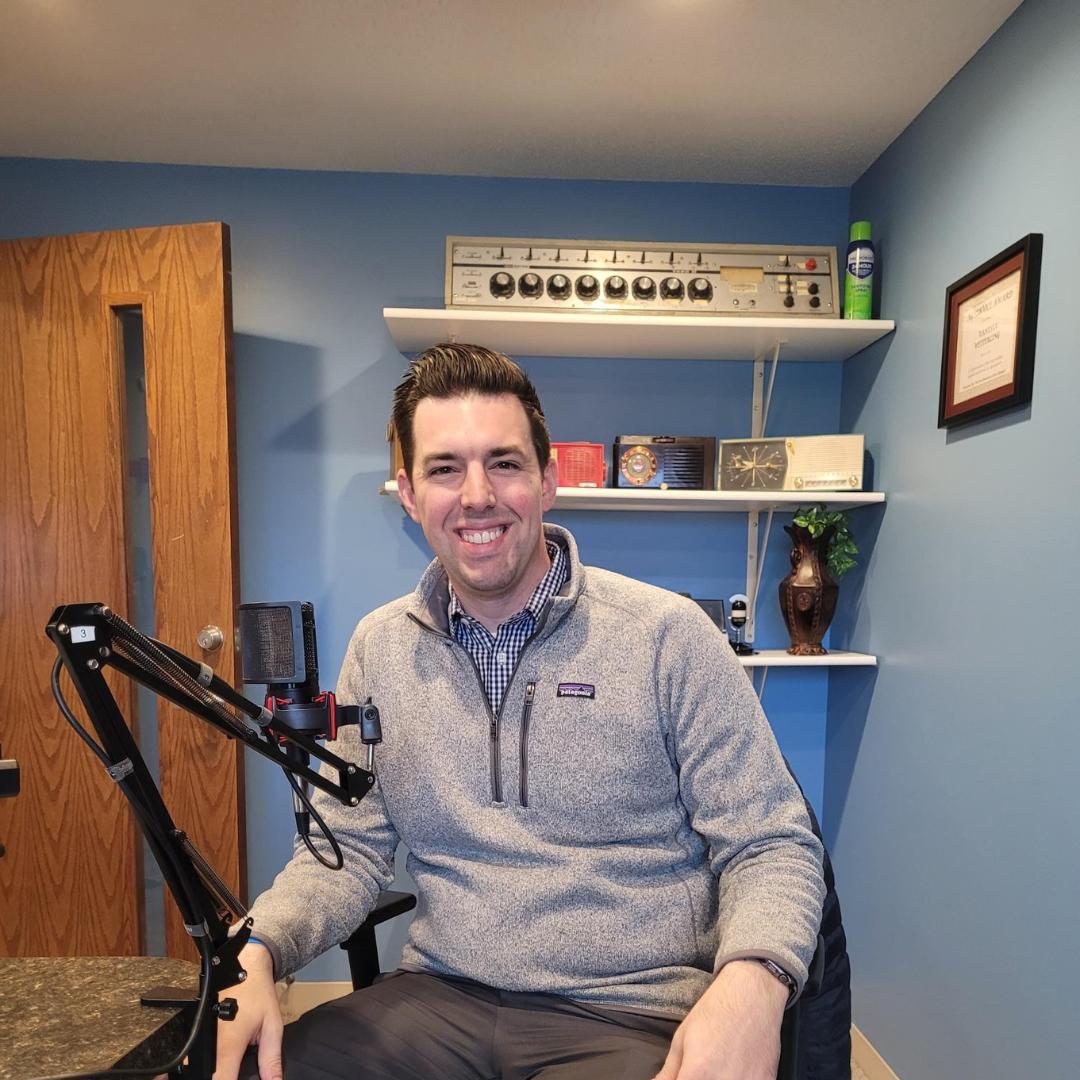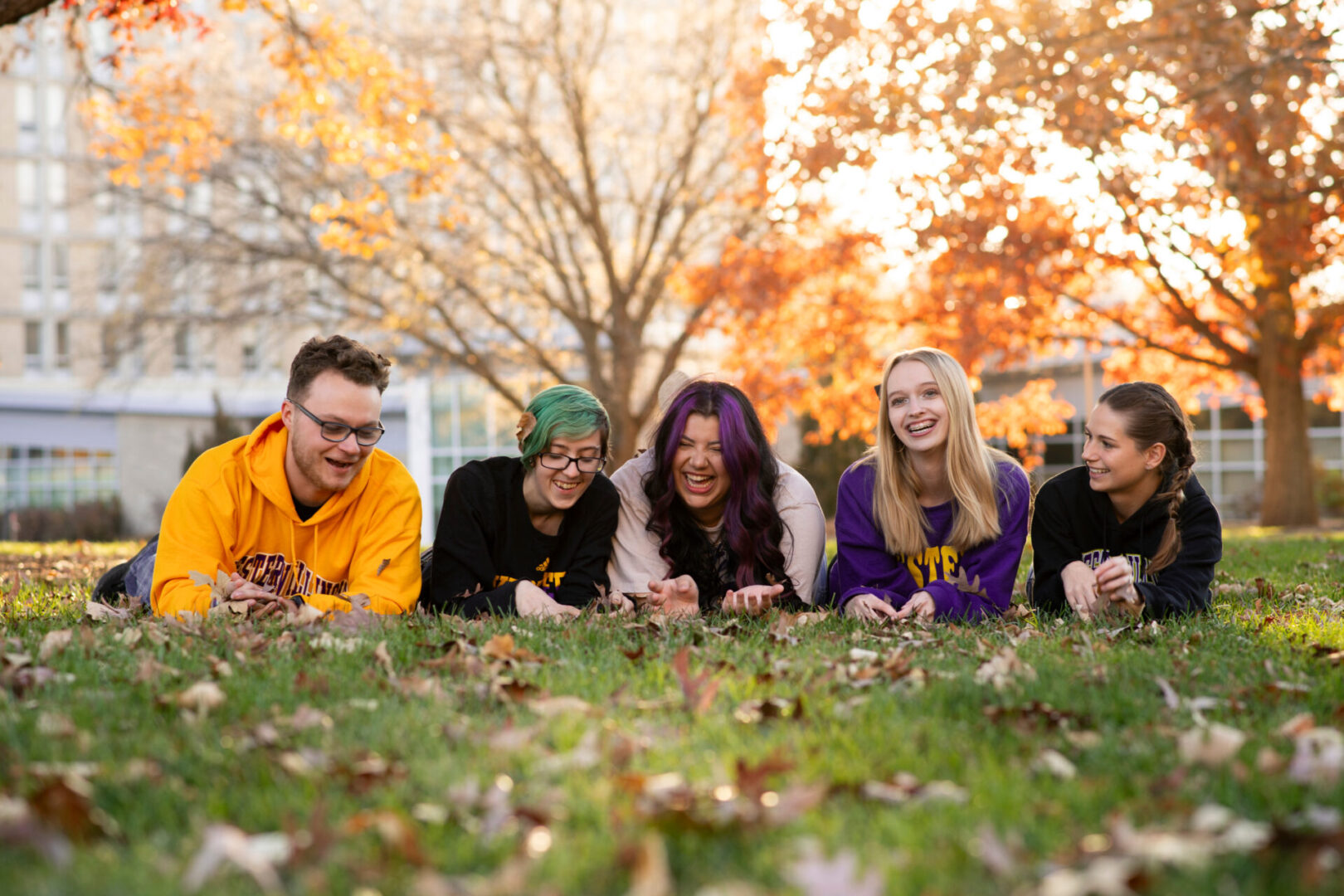By Thomas Best
Do you ever pick up a book and wonder how it will relate to your life? I recently did this with the book “The Aftermath: The Last Days of the Baby Boom and the Future of Power in America.” This study by Philip Bump, a columnist with the Washington Post, is a fascinating analysis of those—like myself—who are part of the “baby boom” generation.
There are two areas of analysis here: 1st: What the baby boomer generation meant to America; and 2nd: What will the fading influence and passing away of this large generational population mean to those in generations to follow. Today, I will address the first aspect. Next week, we will deal with the latter ramifications.
To begin, one of the largest additions to the U.S. population—76 million births from 1946 to 1964—caused significant changes to a nation emerging from the Great Depression and World War II. Born in an age of a new optimism and an elevated American influence, this generation first catapulted the baby care economy into full gear. Businesses catering to diaper care and stroller construction boomed. Elementary schools couldn’t be built fast enough. Moreover, while sheltered—to an extent—from such tragedies of the Cuban missile crisis and even JFK’s assassination, they enjoyed the coming of age of Barbie, G.I. Joe, Elvis Presley, the Beatles, blue jeans, Little League baseball, and watching black and white and then color TVs. Indeed, a whole new form of economics was being driven by a consumer market in which teenagers—with their own money—were shaping what products were being made, advertised, and sold. In addition, clothing was being produced for this generation that made them look noticeably different from their parents. By their early 20s, they also expected their ideas to be heard whether the topic pertained to the call for greater civil rights of minorities and women or getting out of the troubled war in Vietnam.
Today, this generation—now in their senior years—continues to influence everything from medicines to stay healthy to still dominating corporate board rooms and the halls of Congress—60% of these politicians are “boomers.” Compared to younger generations, we continue to be more affiliated with mainstream church denominations, more politically involved, and still wanting public interactions from the local Rotary to Pickleball leagues. Go to a national park, as I did with my wife, and you will be inundated with boomers on the trails and in the gift shops.
Therefore, the “Baby Boom Generation” altered America in a myriad of ways. Next week, we will look what is happening and may occur as this generation begins its fade and passing from this earth.
Thank you for listening.













